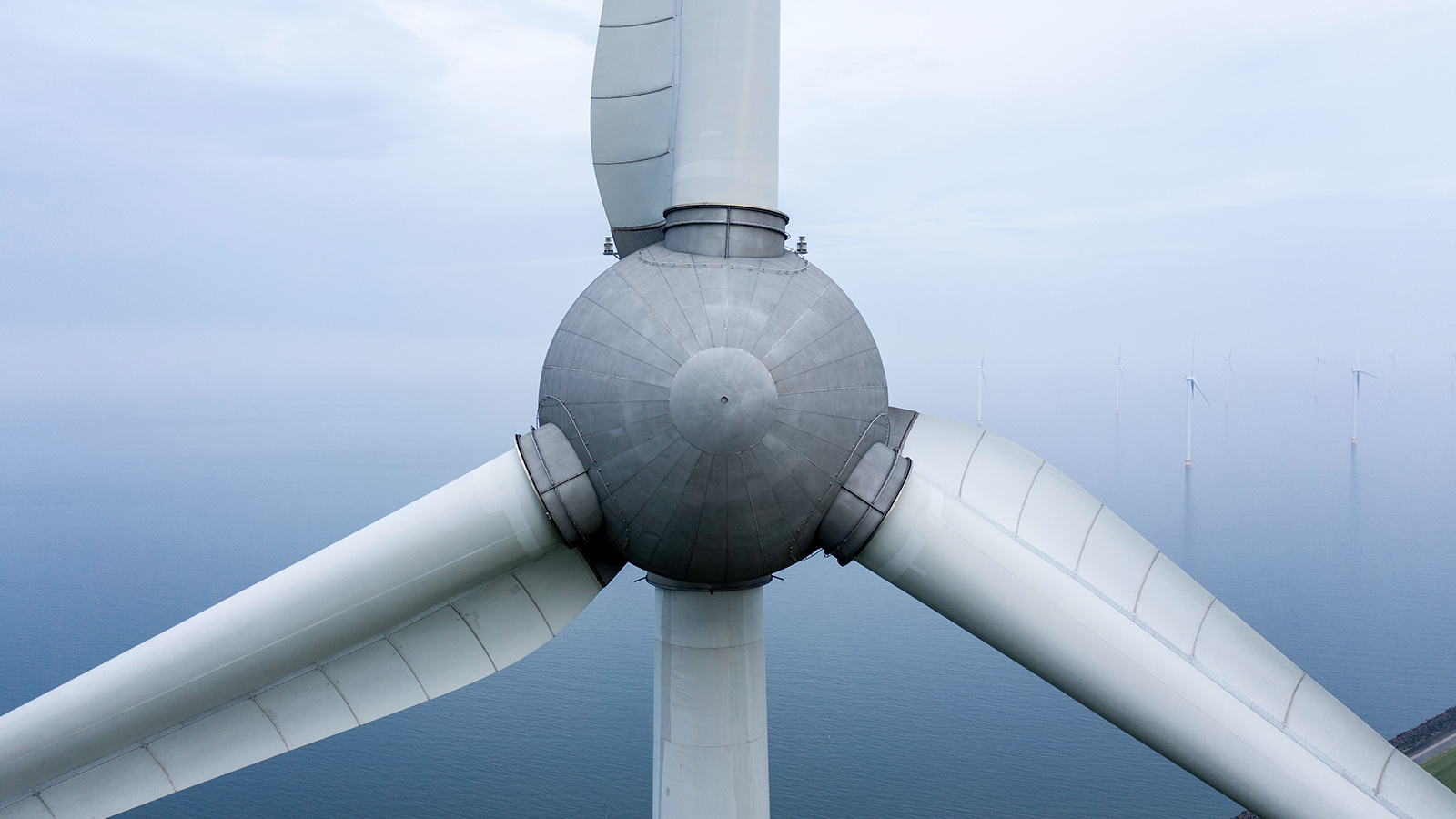Finnish Industries: Investment-Friendly Legislation Needed in order to Reach EU’s 2030 Climate Goal
EU’s new climate target of 55 percent emission reduction by 2030 will require massive investments of unprecedented scale. Finnish Industries EK underlines the importance of an investment-friendly legislation when reforming EU climate and energy policy. We are strongly committed to reach these targets – and this can and must be done without undermining European competitiveness.
The European Green Deal takes a major step forward when the Commission publishes its “Fit for 55” climate initiatives on 14 July. The 12 legislative proposals will present concrete steps for Europe towards the 55% emission reduction target by 2030.
The Commission is expected to propose significant revisions of the current EU climate and energy legislation including: Emissions Trading System (ETS), emissions from the transport sector, introduction of a new Carbon Border Adjustment Mechanism (CBAM), renewable energy and energy efficiency directives, and energy taxation.
Companies as key drivers towards climate targets
Finnish industries support EU’s ambitious climate policy. The 2030 emissions reduction target is an important milestone towards a carbon neutral Europe by 2050.
However, the upgraded target for 2030 demands an unprecedented effort from the business community, comments Finnish Industries’ Director General Jyri Häkämies:
“Achieving the emission reduction target requires companies to make massive investments in innovation, technology and low-emission production and services. As companies are key drivers of climate policy, Fit for 55 legislation must be business- and investment-friendly.”
Finland and other member states will start processing the Fit for 55 climate proposals in autumn. It is important for the EU to reduce emissions as cost-efficiently as possible and in a technology neutral manner, says Jyri Häkämies. We strongly support market based measures, such as emissions trading.
“Finland, as well as all other EU member states, must be seen as an attractive investment environment. To ensure this, the legislation needs to be predictable, supportive of innovation, providing incentives, and derisking in new technology investments.”
The Fit for 55 legislative package is the biggest climate and energy reform in recent history and Finnish Industries is concerned about its tight schedule. The legislative initiatives are expected to enter into force at the beginning of 2025 at the earliest. As a result, businesses will have maybe only six years to adapt to the changes in legislation.
More detailed views on the Fit for 55 legislation package
by Finnish Industries:
EU Emissions Trading System
The risk of carbon leakage (the relocation of production to third countries) must be minimized in the EU Emissions Trading System as long as third countries take equal measures in use. Until then, adequate free allocation of emissions allowances and national compensation for electricity costs should continue. Emissions trading should also encourage the use of new technologies.
Emissions trading system for shipping sector
Measures to reduce emissions from shipping should be taken at the global level to ensure a level playing field for all players in the maritime sector. When an emissions trading system is proposed to shipping sector, it must acknowledge and compensate for the extra costs that winter conditions cause to the Finnish shipowners.
Carbon border tariffs CBAM
The EU needs effective means to prevent carbon leakage and to ensure a level playing field. CBAM should not be the primary means for that. Carbon leakage should be tackled first and foremost by the EU Emissions Trading System. There are also significant risks linked to the planned CBAM as it may have an impact on global trade relations.
Energy efficiency
Flexible legislation is the key to improving energy efficiency. Member states as well as companies must be allowed a wide range of energy efficiency measures. In Finland it is important to be able to continue the use of voluntary energy efficiency agreements.
Energy taxation
The Energy Tax Directive must be updated to reflect the EU’s revised energy and climate policy. As energy taxation has a significant economic impact, the competitiveness of companies however must be ensured.
Country-specific emission reduction targets
Cost-effectiveness should be the guiding principle, when country-specific emission reduction targets are set outside the emissions trading sector. It is important to allow maximum flexibility in implementation, both within the EU and internationally.
Renewable Energy
The Renewable Energy Directive should promote Europe’s electrification by market-based energy system reform. In addition, sectoral integration and the hydrogen economy will bring new ways of consuming and producing energy, which must be promoted by supporting the creation of new infrastructures. Sustainably produced biomass is also needed to replace fossil fuels in energy production, industry, and transport.
